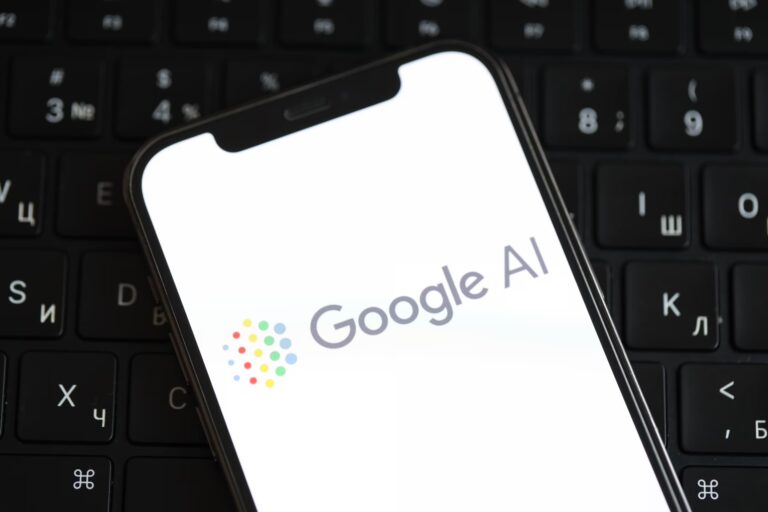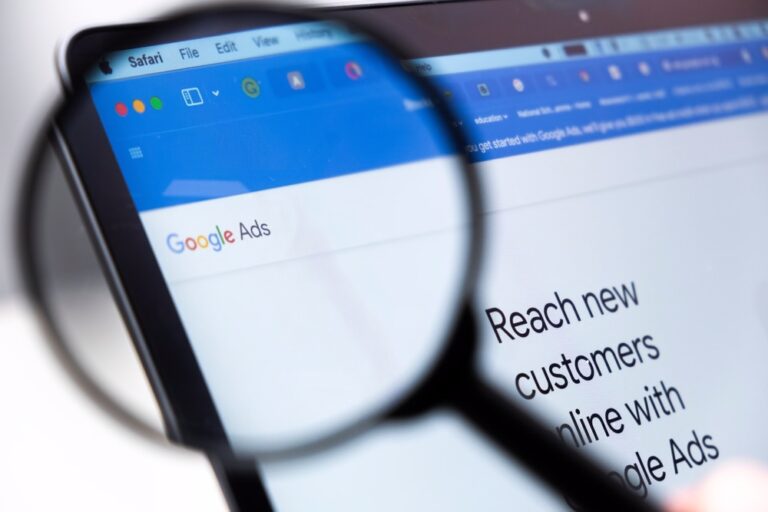Digital marketing is expanding rapidly, and consists of many new practices and methods, which brings new and important terms. So we thought a digital marketing glossary which acts as a guide to common digital marketing terms could come in handy.
Many online terms are fairly self-explanatory, and others you will come across regularly and will have no chance of forgetting. However, there are still those that may leave you scratching your head from time to time, so it’s worthwhile having a list of terms which may temporarily escape you.

A/B Split Test
Testing two different variables of a web page, email, or other marketing devices to find the best performing option.
Algorithm
A mathematical, computational method which takes in a number of variables to output results, utilised by Google to determine which web pages should rank for different search terms.
Alt Tag
Used in HTL to attribute a text field to a corresponding image, that describes what it is about. In the event the image is unable to load, the text is displayed in its place.
Anchor text
The text that is defined to be clickable within a link.
Backlink
Links on web pages which take users to a specific web page. Also known as inbound links. These influence your PageRank.
Bounce rate
This is the percentage of visitors to your website which do not progress beyond a certain page, and can be found within Google Analytics.
Brand evangelist
These are people found online who are devoted fans of a certain brand or company, and will spread the word online through social media and other means.
Breadcrumb links
These are links which indicate where a certain web page sits within the hierarchy of the overall website – these can usually be found at the top of a page.
Canonical
The canonical rel tag tells any WebCrawlers that a certain page is the definitive version, when there are multiple versions of similar pages. Non-canonical pages must link to canonical versions with this link in place.
Conversion rate optimisation
Conversion Rate Optimisation (CRO) is the process of creating the best possible user-experience on a web page, in order to ensure the percentage of visitors which convert into leads or paying customers increases.
CPA
This stands for Cost Per Acquisition, referring to how much it costs to acquire a new customer from your website.
CPC
Cost Per Click, which is used within Google AdWords – only charging the advertiser when the paid search result or advertisement is clicked.
Freshness
The power of links for SEO decreases over time, and backlinks are much more powerful the fresher and newer they are. Google and other search engines don’t want results pages to display outdated content, and will want to display the newest, up-to-date material. This also means fresh links are better.
Keyword
This is a word or set of words used by someone on a search engine. When referring to SEO, keywords are used to optimise your website so that it ranks for the certain key terms people are searching for.
Keyword density
The keyword density is how often a certain keyword or key phrase appears on a certain web page, or across a website. Dividing the total number of words by the number of times a keyword appears gives you a percentage. Higher percentages yield better results, but keyword stuffing can lead to Google penalising your website.
Keyphrase
A keyphrase is similar to a keyword, but it involves numerous words combined to form a single search term or query that visitors frequently use. If you can optimise a certain page for a phrase rather than a word, it can be beneficial, as searches will be more precise and drive more relevant traffic to your website.
Keyword research
This is the process of formulating a list of keywords that people are searching for online, and thus producing a list of possible keywords or terms that your website should be optimised for.
Long Tail
The long tail are the phrases or longer sentences that many people are searching for in search engines. These popular terms are referred as being part of the long tail, which can be less frequent searches, but still represent common searches which can be valuable keyphrases.
Meta tags
This tells spiders from search engines what a webpage is about, and consists of meta titles, descriptions, and keywords.
Meta description tag
The meta description is a short paragraph or a couple of sentences that describe what a web page is all about. This is usually shown in the search results under the meta title. The content of the meta description will also be highlighted if certain search terms or words appear within the description itself. However, the meta description does not directly impact rankings.
Organic search results
On the search results page, you will find paid for search results at the top and on the side, and then the normal search results in the middle and left, which are displayed due to their relevance of the search term. These are organic search results, which are based on how relevant the content is, and can be impacted through search engine optimisation, or SEO.
PPC
PPC stands for Pay-Per-Click, and is often used to describe the paid-for search results that can be bidded upon. It also covers advertising on content pages, and is named PPC as you only pay based on the performance of the ads, on a per-click basis.
Quality score
The quality score of your website is important in determining your minimum PPC bids. The quality score is created from a number of factors, including a keyword’s click-through rate, past performance, the quality of the landing page, and the ad text relevancy.
Reach
Reach takes into account the number of unique users who have viewed an advertisement online, and is used by a number of platforms.
SEO
SEO stands for search engine optimisation, which involves a number of different methods to ensure your website ranks for particular keywords and terms.
SERP
SERP stands for search engine results page, which is the screen displayed after you make a search on Google, Bing, and elsewhere. Climbing the SERPs simply involves getting a better search engine ranking through SEO efforts.
Social bookmarking
Social bookmarking websites are services which allow users to share online bookmarks. This consists of websites such as Del.icio.us, and used to be more of a strategy – but nowadays it’s better to simply provide quality content that your audience may wish to share online.
Title tags
Title tags should consist of a short sentence or description of a web page, which is displayed in the top bar of a user’s internet browser. These are also displayed as the title of your page in search engine result pages, and should be optimised with keywords or phrases.
Unique visitors
This metric shows the number of individuals visiting your website within a certain time frame, rather than page views.
Viral marketing
Compared to normal marketing, viral marketing consists of a certain message or piece of content that spreads rapidly across the internet via shares and word of mouth. These can often be unintentional, but can have a high ROI when viral marketing goes right.
Vlog
Like a blog, but a video. A video based log, in other terms.
If we’ve missed any terms you’d like us to cover, get in touch or leave a comment below!











